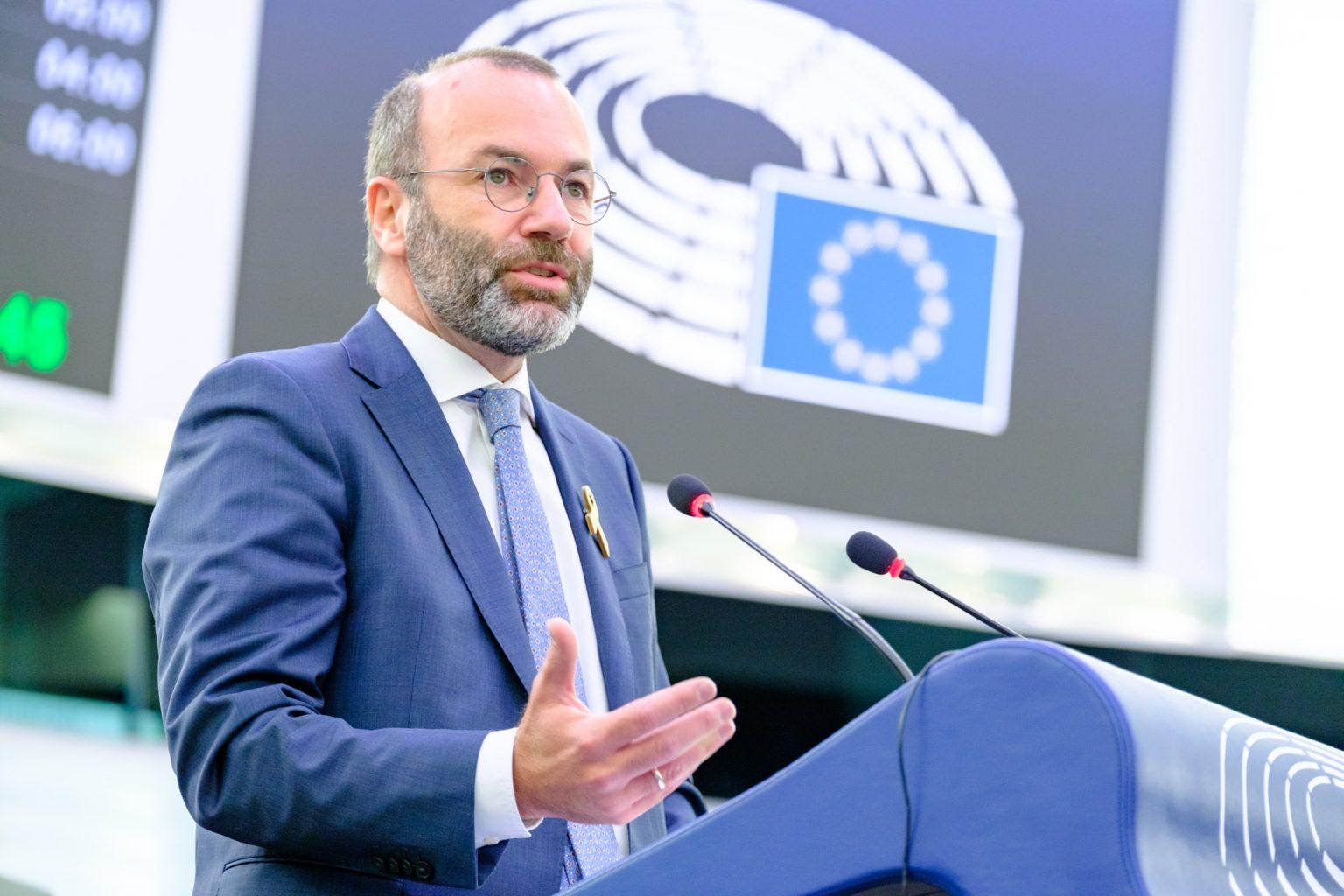This mixture of genres was to be expected, given the clash of the timetable for the French Presidency of the EU and the French Presidential election campaign. It is regrettable, but it seems strange to me to be surprised by it, as this situation was foreseen.
For my part, I welcome the European ambition displayed by France for its Presidency, and I do so all the more willingly because many of the priorities put forward – the security of our continent, the reform of migration policy, the regulation of the Internet and even the European plan against cancer – are long-standing priorities of the EPP.
Our expectations can be summarised in two points: that words are followed by actions and concrete progress, and that France promotes the unity of the EU.
The Coronavirus pandemic has hit us all hard, profoundly disrupting our societies, stirring up divisions between generations, between urban and rural dwellers, between the vaccinated and the unvaccinated, and reinforcing mutual incomprehension and a certain mistrust of those in power.
I am very concerned about the traces that these divisions will leave on our societies and I believe that it is the duty of all responsible political families to seek to not reinforce them, but rather, to mitigate them.
For example, if we want to fight climate change effectively, we must do everything to fight fuel poverty and ensure that the environmental measures in the ‘Fit for 55’ package do not generate costs that make them socially unacceptable. The ‘yellow vests’ are not a uniquely French phenomenon. The energy transition can only succeed if we ensure that no-one is left behind. We will keep this point very close to our hearts throughout the negotiations.
This is also the reason why I called on the President of the Republic to avoid playing, both in Europe and at national level, a double game which would consist of adorning himself with great European ambitions on the one hand, and on the other hand putting himself on stage as the main combatant in a match which would artificially oppose a ‘good camp’, composed of ‘good Europeans’ and other ‘progressives’, to the ‘bad Europeans’ and ‘populists’.
I am convinced that this approach is dangerous for democracy, as it only strengthens the populists and anti-Europeans. For me, the best way to fight against extremists is to promote a healthy debate of ideas among democrats, pro-Europeans, at the centre of the political spectrum.


